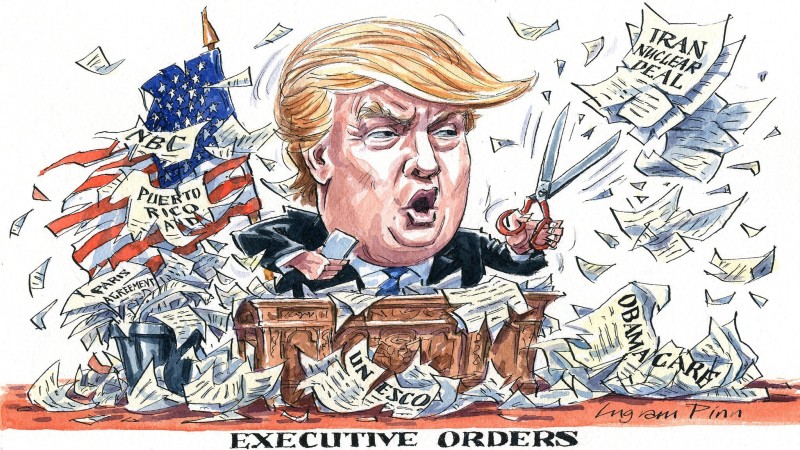Trump vs. International Law: Koh’s Blueprint for Ending America’s Wars and Avoiding Perpetual War
[Rita Siemion is International Legal Counsel at Human Rights First.] In his new book, The Trump Administration and International Law, former State Department Legal Advisor and Yale law professor Harold Hongju Koh tackles, among other issues, how to finally end America’s post-9/11 wars. In offering a blueprint for the Trump Administration, Koh hits some important nails right on the head. Most...











